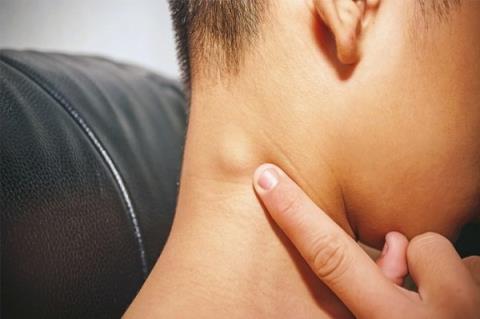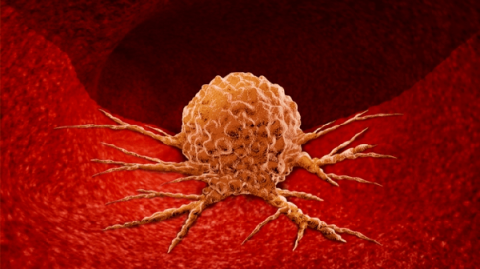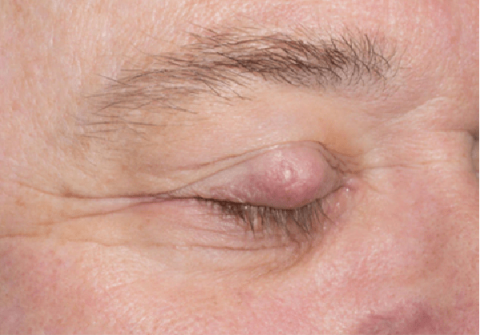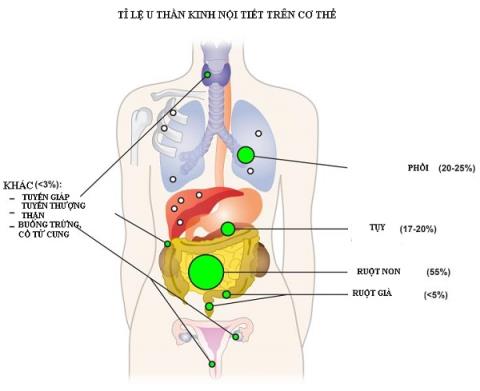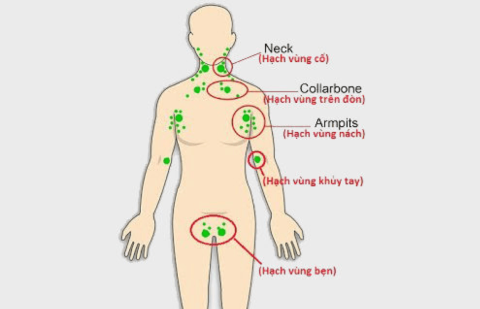Tongue Cancer: Can It Be Cured?
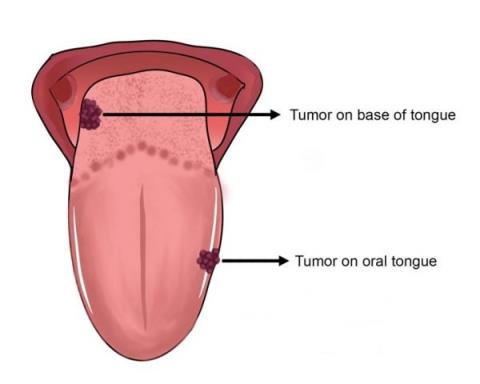
Tongue cancer is a type of cancer of the mouth. The article by Doctor Su Ngoc Kieu Chinh provides information on how to treat and prevent the disease.
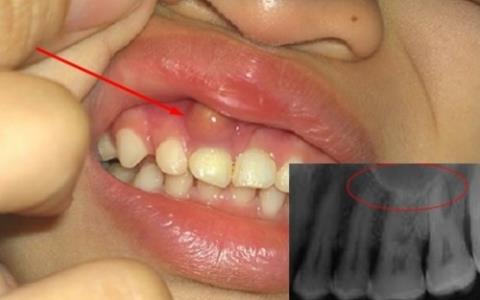
Jaw cysts are rare as well as little known disorders of the oral cavity. So are these cysts benign or malignant? And how does it manifest? How is it diagnosed and what is the treatment? Please read the article below for more useful information.
content
1. Overview of Jaw Cysts
Tumors and cysts in the jaw are relatively rare tumors or lesions. These tumors or cysts develop from the jawbone or the soft tissues in the mouth and face. Jaw problems can vary greatly in size and severity. These tumors are usually not cancerous, but are benign. But they can invade surrounding bone and tissue and can displace teeth.
The treatment options for this mandibular cyst are varied. Depending on the type of cyst or cyst, the stage of development and your symptoms. Orthodontists can treat tumors, cysts of the jaw by surgical methods. However, in some cases, a combination of surgical and medical treatment is required.
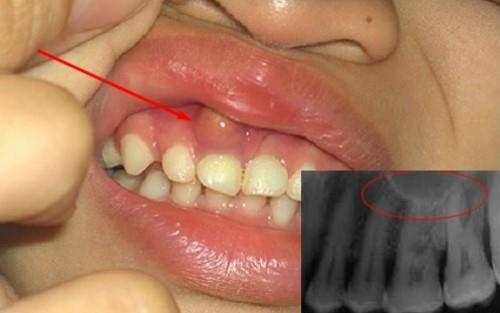
What to do if the tooth is cystic?
2. Causes of Jaw Cysts
Tumors and cysts of the jaw originate from cells and tissues of the oral cavity. These tissues are involved in the normal development of teeth. Other tumors affecting the jaw may not be dental tumours. This means they can develop from other tissues in the jaw that are not related to the teeth.
In general, the cause of tumors and cysts of the jaw remains poorly defined. However, some are linked to genetic syndromes.
People with nevoid basal cell carcinoma syndrome, also known as Gorlin-Goltz syndrome, lack tumor suppressor genes.
The gene mutation that causes this syndrome is inherited. This syndrome leads to the growth of many keratinocytes in the jaw, many basal cell skin cancers, and other symptoms.
3. Jaw cyst symptoms
A tooth tumor is a manifestation of an abnormality in tissue proliferation. A cyst is a fluid-filled or semi-solid structure. Here are some common examples of cysts and cysts, including:
Myeloblastoma.
Central giant cell granuloma.
False cyst.
Keratoblastoma.
Odontoma – Tumor of teeth.
>> Find out more Instructions for medical examination and treatment at the National Hospital of Odonto-Stomatology
Other types of cysts and tumors.
4. Diagnosis of Jaw Cysts
To get enough information to diagnose a tumor or jaw cyst, your doctor may recommend tests before starting treatment. These tests may include:
Your doctor needs this information to come up with the best treatment plan for you and choose the most effective option to treat the tumor or cyst.
5. Treatment
Treatment options for tumors and cysts of the jaw are varied. Depends on the type of cyst, the cyst, the stage of development of the lesion, and your symptoms. Doctors also consider your treatment goals and personal wishes when making treatment recommendations.
Treatment of jaw and cystic tumors often requires surgical intervention. In some cases, treatment can be medical therapy or combine surgery with medical treatment.
During surgery, your doctor will remove a tumor or jaw cyst, which may include removing nearby teeth, tissue, and jaw bone. It will then be sent to a lab for testing. The pathologist examines the tissue that is sent and returns the diagnostic results during surgery so the surgeon can process this information immediately.
Other treatments may include:
Lifelong follow-up examinations after treatment can resolve any recurrence of the tumor and jaw cyst early.
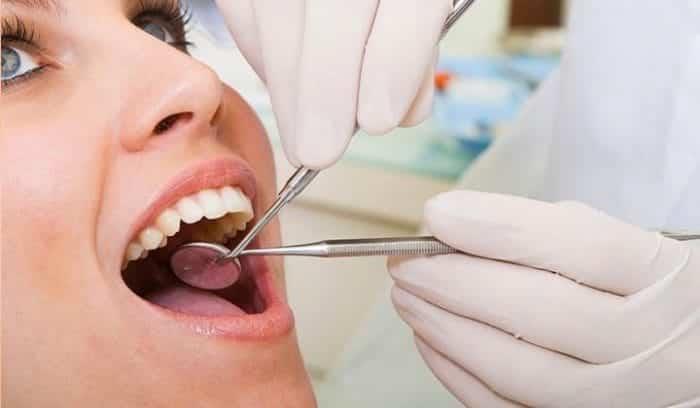
Regular dental check-ups can help you identify potential diseases
When seeing abnormal signs in the maxillofacial region, the patient needs to see a doctor promptly to detect the maxillofacial tumor early. Avoid allowing jaw cysts to grow, causing severe symptoms and causing facial disfigurement. If you have any questions, leave a comment below. Or contact the dentist directly for a thorough answer.
Doctor Vu Thanh Do
Tongue cancer is a type of cancer of the mouth. The article by Doctor Su Ngoc Kieu Chinh provides information on how to treat and prevent the disease.
Swollen lymph nodes on the back of the neck are associated with infectious or malignant diseases of the head and neck area. Let's find out through the article of Dr. Truong My Linh.
The article by Doctor Nguyen Doan Trong Nhan about chondrocyte cancer, also known as chondrocyte cancer, is actually mesenchymal cells in the bone marrow.
Article by Dr. Nguyen Doan Trong Nhan on Sebaceous gland carcinoma (eyelid cancer). Rare disease in the world but familiar to Asians
The article by Dr. Luong Sy Bac provides information on neuroendocrine tumors, causes, symptoms and preventive treatment methods.
Article by Dr. Vu Thanh Do about Jaw Cysts - These tumors or cysts develop from the jawbone or soft tissues in the mouth and face.
Swollen lymph nodes in the vagina is a sign that there is a problem in your private area. Therefore, when you see abnormalities in the private area, see your doctor immediately.
